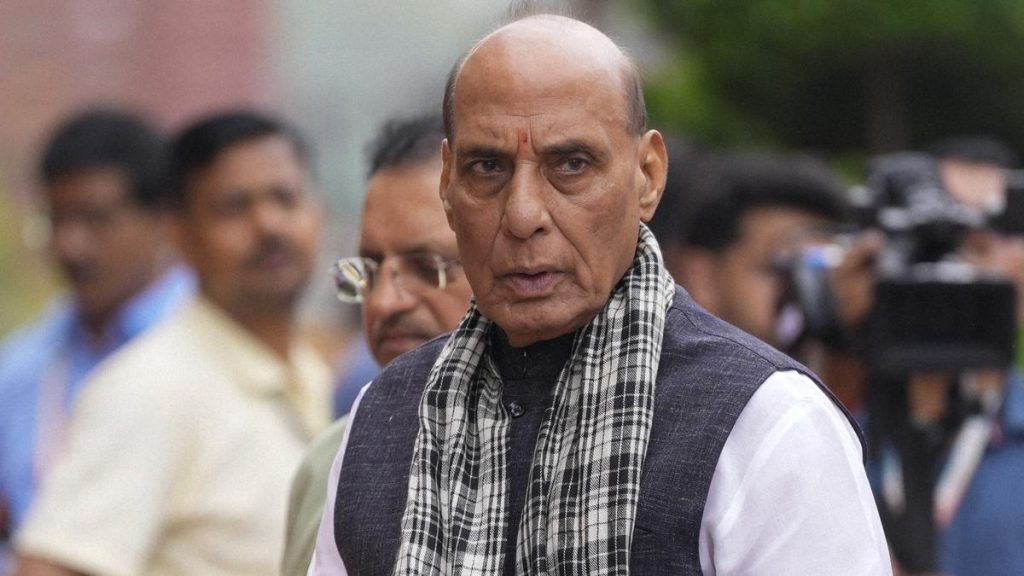Now Reading: Punjab’s Land Pooling Policy Draws Stakeholder Scrutiny Over Transparency
-
01
Punjab’s Land Pooling Policy Draws Stakeholder Scrutiny Over Transparency
Punjab’s Land Pooling Policy Draws Stakeholder Scrutiny Over Transparency

Rapid Summary
- Policy Proclamation: The Punjab goverment notified the Land Pooling Policy, 2025 on june 4, aimed at creating urban estates by acquiring fragmented land parcels for urbanisation. Over 65,000 acres of land are targeted across major districts like Ludhiana,Mohali,and Amritsar.
- Compensation Framework: Owners opting for pooling would receive developed plots – a 1,000 sq. yd. residential plot and a 200 sq. yd. commercial plot in exchange for one acre – along with other benefits.
- Protests and Judicial Action: Farmer bodies and political parties have sharply criticized the policy as lacking transparency and alleged it bypasses legal provisions. On August 7, the Punjab and Haryana High Court issued an interim stay after hearing objections from landowners.
- Political Allegations: The Congress, Shiromani Akali Dal (SAD), BJP, alongside farmer organizations such as Samyukta Kisan Morcha (SKM) and kirti Kisan Union accused AAP of “land grabbing.” AAP called the policy “farmer-amiable” while asserting no forcible acquisition will occur.
- Key Criticisms by Experts:
– Concerns over violation of consent rules under law like Right to Fair Compensation Act (2013).
– Lack of surveys assessing housing demand or project feasibility.
– Farmers argue fertile agricultural lands risk exploitation by businesses under urbanisation aims.- Lack of transparency regarding environmental/social impact assessments.
Indian Opinion Analysis
The Punjab government’s Land Pooling Policy has sparked significant debate due to its scale-acquiring up to one lakh acres-and perceived opaqueness in intent or execution. While AAP positions it as essential for sustainable urban growth amidst increasing population needs, critics question its adherence to legal frameworks ensuring farmer consent and fairness in compensation.
The stakes are high in Punjab where agriculture forms not only a vital economic base but also contributes to national food security through considerable wheat production contributions over decades-a fact experts emphasize amid rising concerns about safeguarding fertile farmland against unregulated urbanisation pressures.
From farmers’ protests to judicial reviews halting implementation temporarily, resistance reflects deep-rooted distrust stemming from past experiences with governance policies impacting livelihoods directly tied onto agricultural-reliance models rooted hence broad spectrum voices challenge motives raised inconsistencies within transparency data-points societal inclusivity longer-term should ideally bridge collaborative dialog resolve systemic fault lines controversies robustly Read More At >























